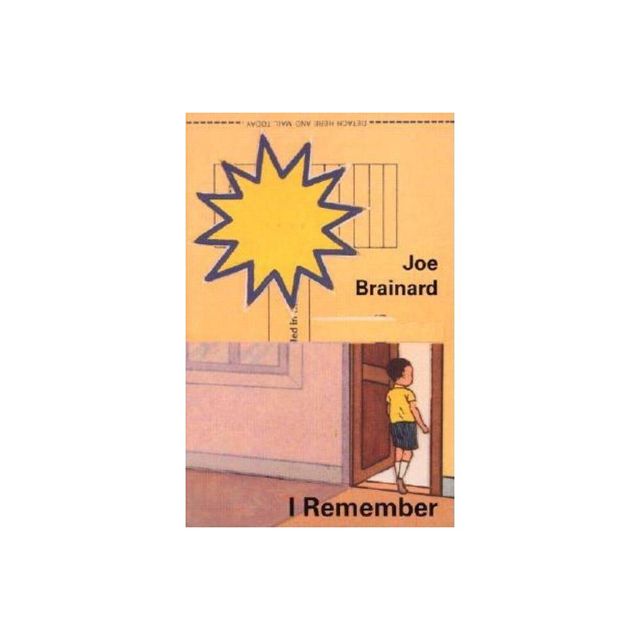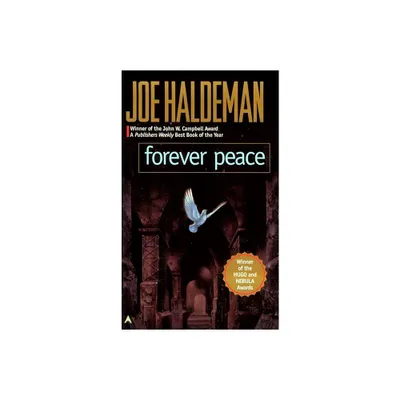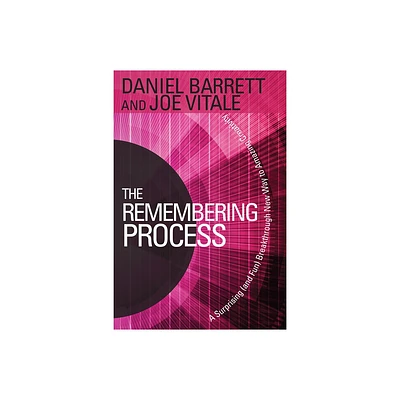Home
Joe's Violin: A Survivor Remembers
Loading Inventory...
Barnes and Noble
Joe's Violin: A Survivor Remembers
Current price: $18.00


Barnes and Noble
Joe's Violin: A Survivor Remembers
Current price: $18.00
Loading Inventory...
Size: OS
*Product Information may vary - to confirm product availability, pricing, and additional information please contact Barnes and Noble
Joe's Violin: A Survivor Remembers, begins with Joseph Feingold's idyllic childhood in Warsaw and the devastating disruption wrought by the Nazis' rise to power. We follow Joe to Siberian labor camps, war's end, the infamous Kielce pogrom of 1946, and his reunion with some family members and tragic loss of others. Joe's grueling journey shifts tone when he sets foot in America. Now a survivor filled with hope for a new life, Joe studies and works hard, fulfills his dream to become an architect, and happily marries. In 1985, he wrote his memoir to satisfy family inquiries, then set it aside for almost 30 years. A new, inspiring chapter emerges after Joe hears about an instrument drive on public radio. He donates the violin he bartered in a German DP camp to Brianna, a schoolgirl in the Bronx. After a filmmaker hears Joe's story on WQXR radio, she tracks him down. "Joe's Violin," the film, is made and nominated for an Oscar in 2017. The violin's journey continues, handed down from one young violinist to the next at the Bronx Global Learning Institute for Girls (BGLIG). Joe is still in touch with the extended school and film family. Joe's story of survival and the universal power of music will touch the hearts of all readers. Note: Some content may not be suitable for children under 11. Readers will find Joe's personal story, including lesser-known facts about Polish history and the Holocaust, moving, informative, and inspiring. From New York Times reviews: "Like the nominees in the feature-length best documentary category, the five films in this (short doc) group demonstrate a commitment to relevance and experimentation. Only one of them, "Joe's Violin," follows the conventional, quasi-journalistic template, alternating interviews, archival footage and real-time events as it tells the touching story of a Holocaust survivor who donated his violin to a public school in the Bronx. The film, directed by Kahane Cooperman, proceeds through familiar beats, but its emotions are genuine and its characters are well worth knowing. Their lives are not easy, but "Joe's Violin" feels downright soothing alongside its competition..." "And lastly, the Bagger (Cara Buckley) spoke with Joseph Feingold...who lived through the Kielce pogrom in Poland in 1946. Two years later, he was welcomed to the United States and he went on to become a successful architect in New York. The nominated short "Joe's Violin" traces his friendship with a Bronx teenager, a daughter of immigrants herself, after he donates his treasured violin to a program that in turn gives it to her. An immigrant ban, Mr. Feingold said, would not just hurt the people who found themselves shut out. "I know how immigrants contributed to the well-being of the United States - to the economy, to the science, to the culture," Mr. Feingold said. "Naturally to restrict it hit me in a very direct way." From an article printed on February 9, 2017, on page C1 of the New York Times. "A heart-rending tale of blood and hope, "Joe's Violin" demonstrates the captivating power of music to build a bridge across the chasm of time and and history. On screen and on the page, Joseph Feingold reveals the magic of transmission, of how the melodious, soulful strains of the violin enable us to soar to the farthest realms of the imagination." Michael Skakun, Author, "On Burning Ground: A Memoir of My Father." In Joe's words, from the Introduction: "Zeilsheim Displaced Persons Camp, Winter, 1946 I never could have imagined that my choice in 1946 to purchase a violin instead of a winter coat, would change my life. But it did...When I spotted the violin, its dark red wood gleaming in the frozen sunshine, something in me stirred. I had to have it. I paid a German man for the violin in a simple barter...clutched my new instrument and walked past the stalls stacked with warm coats and fur hats. Holding it, the violin warmed my soul, if not my body, and memories flooded my mind."


















